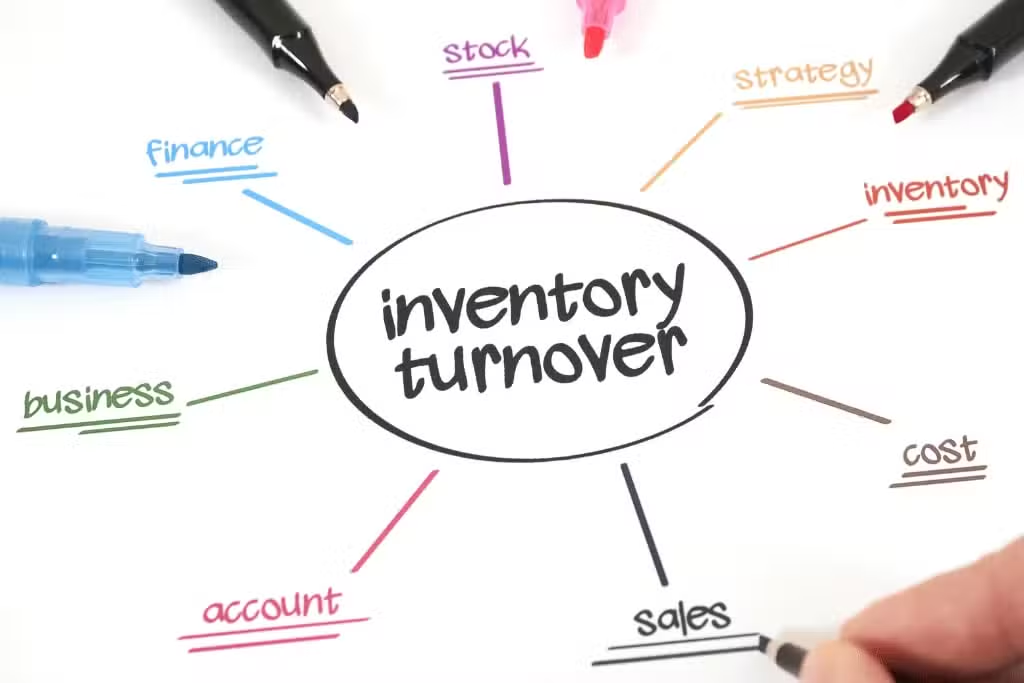In the fast-paced world of B2B eCommerce and distribution, accuracy and efficiency are vital to maintain a competitive edge. Distributors are constantly faced with the pressure of completing orders efficiently while also managing huge inventories and making sure that their products arrive in time. Due to the growing demands of customers and increased competitiveness, it is imperative that distributors make use of the latest technological solutions. Order management software and warehouse inventory management systems are among the most essential tools distributors can use to revolutionize their everyday operations.

The Power of Order Management Software for Distributors
Order management software is crucial to any business that distributes products. Order management software simplifies the complicated process of order management by automating a variety of tasks that would otherwise require significant manual effort. Distributors depended on spreadsheets and manual entry systems to track inventory, orders, and shipment records. These processes aren’t only error-prone but also time-consuming. This approach is not suitable in the age of digital.
By implementing order management software, retailers are able to manage orders with only a couple of clicks, making it less likely for mistakes to occur and speeding up their entire process. This software offers businesses the capability to monitor orders from the time they are received until they are delivered and to provide real-time information to customers. Furthermore, it connects to other systems, such as the shipping and warehouse platforms to further streamline the process.
Order management software also enhances customer relationships by improving accuracy and transparency. Distributors can give their customers accurate information about delivery times, product availability and levels of inventory. This helps build trust and encourages the customer to do business again. This technology allows field sales representatives to process more orders quicker, resulting in increased revenue while maintaining customer satisfaction.
Warehouse Inventory Management Systems Streamline Operations
The efficiency of warehouse inventory management systems is critical for distributors. Controlling a huge and diverse inventory can be difficult especially when faced with items that are in high demand and changing stock levels. An inventory management system for warehouses system automates processes such as stock tracking, order pick-up, and restocking. This makes sure that each item is accurately accounted for and that orders are fulfilled.
A warehouse inventory management software provides real-time visibility of inventory. Distributors can see what stock is in stock at any given moment and reduce the chance of overselling or stockouts. With a clear awareness of the present inventory, distributors are able to make educated decisions about the reordering process, managing backorders or even optimizing the space in warehouses.
Automated inventory management systems also enhance the speed and precision of order selection. In the past, warehouse personnel manually selected items based on papers that were filled out. This can lead to errors and delays. By automating the picking process, personnel can find items quickly by using real-time information, making sure that orders are delivered on time and efficiently. Not only does this help save time, but it also assists in reducing the cost of delayed or misplaced shipments.
The role of B2B eCommerce in Modern Distribution
B2B eCommerce is rapidly evolving as eCommerce continues its dominance in distribution and retail. It is now able to meet the specific needs for distributors as well as customers. B2B transactions in the past were handled via emails and phone calls. Manual purchase orders are also no longer an option. B2B eCommerce platforms enable distributors to provide their clients with seamless self-service which improves efficiency and lowers expenses.
With integrated inventory management and order management systems, B2B eCommerce platforms enable companies to offer instantaneous product availability, accurate pricing, and immediate order processing. Customers can look through the catalogue of a distributor look up the inventory level, and place an order through the platform. This eliminates the need to make manual adjustments and enhances customer service.
B2B eCommerce platforms are not only more efficient, they also increase accuracy of the data. They can be scaled up and down. Automatization of routine tasks like ordering and managing stock means that businesses can handle larger volumes of orders without a rise in labor costs. Additionally, B2B eCommerce allows distributors to increase their reach by providing services to clients across the globe and even internationally.
Conclusion The Future of Distribution is Digital
In the fast-changing field of distribution, using technology is no longer a luxury it’s now a requirement. Distributors can boost their accuracy and customer satisfaction by adopting warehouse inventory management and order management software. Combining these technology with the B2B eCommerce system allows businesses to stay competitive and effective in a highly competitive market.
It’s been a long time since the days of manual ordering and inventory tracking. Distributors that adopt these tools can not only gain an edge over their competition but also increase their efficiency. In this digital age with customer expectations always increasing, it’s important to respond to orders within a few seconds and have real-time access to inventory.
